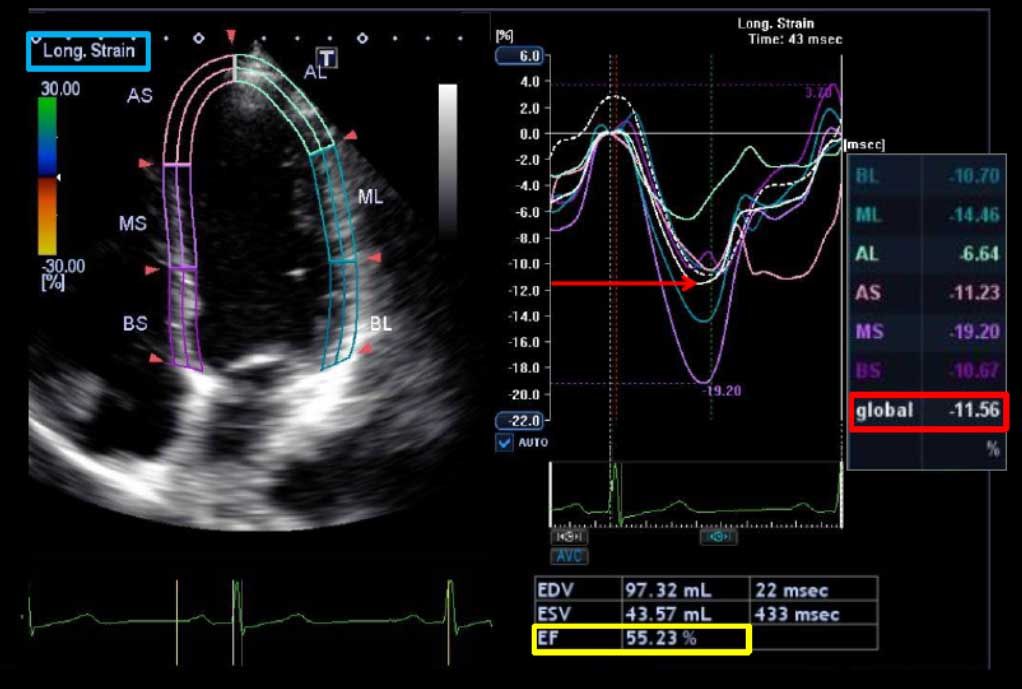Vitamin D deficiency Linked to Inflammation
An observational study published online on February 25, 2014 in the Journal of Clinical Endocrinology and Metabolism found that older, healthy individuals who were deficient in 25-hydroxy vitamin D (vitamin D) tended to have higher levels of biomarkers linked with CVD and inflammatory conditions such as multiple sclerosis and rheumatoid arthritis, in an observational study.
To investigate the link between vitamin-D status and markers of inflammation, the researchers analyzed data from 957 hypertensive participants in TUDA. The participants, with roughly equal numbers of men and women, had a mean age of 70.5 years.
Compared with individuals with sufficient serum levels of vitamin D (>75 nmol/L), those who were deficient (<25 nmol/L) had significantly higher levels of the inflammatory biomarkers IL-6 and CRP, and they were more likely to have CRP:IL-10 and IL-6:IL-10 ratios above 2, where IL-10 is an anti-inflammatory biomarker.
The results suggest that older adults with a deficiency in vitamin D may be at risk of having a more proinflammatory immune profile, which in itself may be a risk factor for development of acute or chronic cardiovascular disease, osteoporosis, and cognitive dysfunction.
This is the first study to demonstrate that vitamin-D status is linked with markers of inflammation in a population of independently living, older adults.
However, this is an observational study which may not provide much insight into the relationship between deficiency of vitamin D and chronic inflammation. The authors of this study expressed the urgent need for further studies to prove with certainty the serum level of vitamin-D that is optimal for immune function and the potential implications of increasing dietary recommendations for vitamin-D intake within the population.
The Vitamin D and Omega-3 Trial (VITAL), a randomized clinical trial of 20 000 men and women, which is looking at hard outcomes and expected to be completed in June 2016, should provide a clearer picture of the role for vitamin D and omega-3 supplements in reducing risk for development of cancer, heart disease and stroke.
Source: Laird E, McNulty H, Ward M. Vitamin D deficiency is associated with inflammation in older Irish adults. J Clin Endocrinol Metab 2014.


